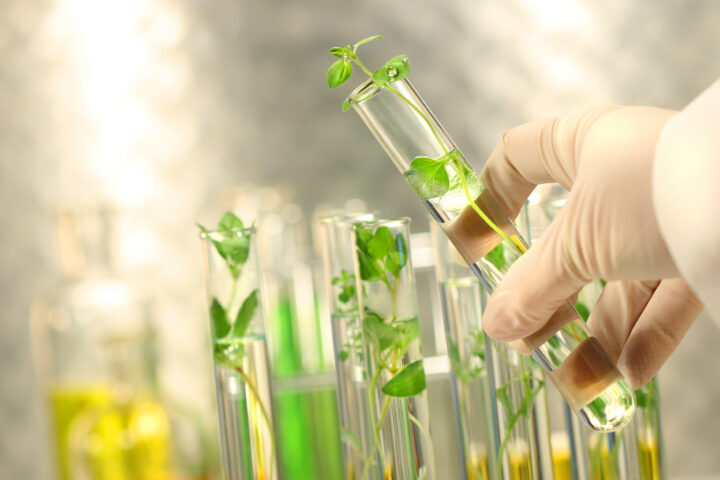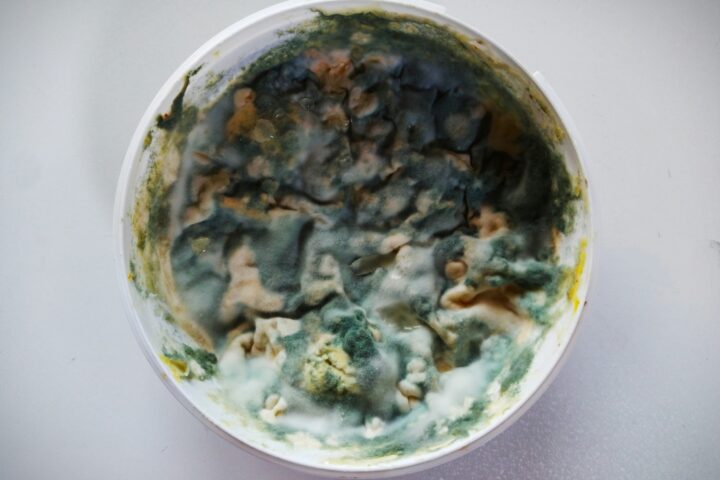
Environmental benefits of precision agriculture
Innovations and technology are changing our lives – and also the productivity of agriculture. However, as an American study shows, precision farming not only increases yields, but also benefits the environment. The sustainability of agriculture is increasing.
Tuesday, March 16, 2021
The most important facts in brief
- Precision farming refers to the targeted cultivation of agricultural land with the help of digital technologies.
- This allows yields to be increased and resources to be saved.
- Precision farming therefore also helps the environment.
The US producers of agricultural equipment and machinery wanted to know more about the social impact of precision farming and therefore commissioned a study on the subject. The findings are clear: «precision farming» strengthens sustainability. In the USA, for example, the application of fertilisers has improved by seven percent. The use of herbicides has been reduced by nine per cent. This corresponds to a quantity of around 15 million kilograms. Precision agriculture also saved fossil fuels. The reduction was six percent or 500 million litres. In other words, precision farming also protects the climate.
Precision for more sustainability
The study was commissioned by the Association of Equipment Manufacturers. Its Vice President Curt Blades notes that research into precision farming over the last 30 years has focussed on the effects on individual farms. The new study, on the other hand, sheds light on the social component and thus on sustainability. Blades says: «The study explored key environmental benefits through precision adoption, including yield benefit through increased efficiency, fertilizer reduction by more precise placement, pesticide reduction by more accurate application, fuel savings due to less overlap and better monitoring, and water savings through more accurate irrigation sensing of needs.» And he summarises: «It just makes logical sense that precision agriculture is environmentally friendly.»
The study entitled «Environmental Benefits of Precision Agriculture» was commissioned by the Association of Equipment Manufacturers and other agricultural groups, as reported online by the Minnesota Farm Guide.
World needs increased productivity
Precision agriculture will play an important role in the agriculture of the future. The next agricultural revolution is just around the corner, as a study by McKinsey shows. This is because the world's population is set to rise to almost 10 billion people by 2050. This will demand a huge effort from agriculture. It must increase its productivity and become more sustainable at the same time. The key to mastering this Herculean task lies in new technologies.
Kindly note:
We, a non-native editorial team value clear and faultless communication. At times we have to prioritize speed over perfection, utilizing tools, that are still learning.
We are deepL sorry for any observed stylistic or spelling errors.
Related articles

Precision breeding – England allows cultivation of gene-edited crops
A regulatory change in England allows the commercial use of new breeding technologies. Until now, these technologies had been regulated in accordance with the same restrictive rules as in the EU. As a result of the new law, English farmers are now allowed to grow crops that have been bred using genome editing. This gives England’s farmers a new tool in the fight against climate change and for more sustainable agriculture.

Genetic Engineering in Everyday Swiss Life – “There’s a Gene in Everything!”
The genetic engineering moratorium in place since 2005 gives the impression that Switzerland is largely free of genetic engineering. However, a closer look shows that genetic engineering has long since become part of our everyday lives – we just usually don’t notice it.

Global facts on world food and agriculture
Only thanks to technological progress and modern crop protection will we be able in the future to conserve our resources while feeding a growing population in a healthy and affordable way.

Pesticides in Green Smoothies
After countless recipes for Christmas cookies, festive roasts and cocktails, the advice on losing weight, detoxing and beautifying oneself now takes centre stage. Most of it is sheer nonsense.

Natural Toxins: An Underestimated Risk in Our Food
Safe food cannot be taken for granted. While chemical substances are often the focus of public criticism, reality shows that the greatest risks to food safety are of natural origin. Recent recalls of infant food products illustrate how insidious bacterial toxins or moulds can be.

